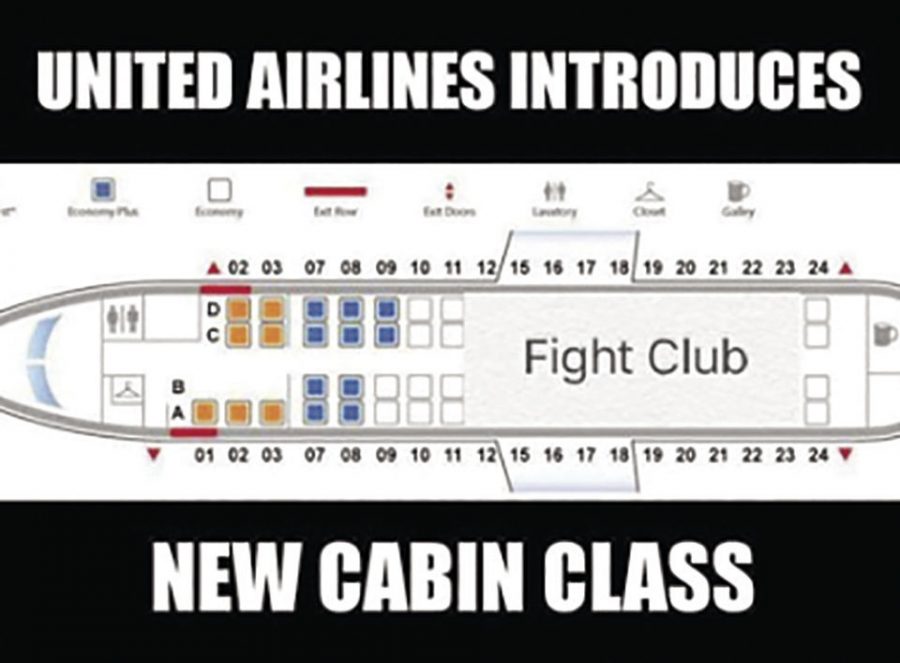United’s mistakes reflect a larger issue
For the past couple of weeks, keeping up with the news has been surreal.
The United States has been increasing its military intervention in the Middle East and has drastically changed Obama-era precedent in the region; North Korea continues to defy U.S. warnings about testing nuclear weapons; Turkey’s democracy took another step downward in its descent into autocracy; and a United Airlines passenger was beaten and dragged off a plane by employees who wanted to sit in his seat.
These are interesting times, to say the least. The United Airlines incident has been receiving a lot of very negative attention in the news, which has caused them to change their policy regarding seat reservations for employees. Before last week, United specifically and other airlines in general would intentionally overbook flights in order to decrease the likelihood that seats went unused and thus increasing their profit margin.
This incident, while bizarre, is indicative of the wider capitalistic culture in which we all live. United gets dragged in the news media because the public is righteously angry about the way they treated their customer; however, some corporations practice similar maltreatment and receive much less attention.
Take Uber, the ride-sharing service, as one example. Uber uses subtle psychological tricks, like placing meaningless badges or rewards within the Uber application, in order to encourage its drivers to act in the best interest of the company rather than themselves. Also, the company was caught recently using a tool called “Greyball” that allowed them to evade law enforcement in areas where Uber has been banned.
In a more abstract way, even giant pharmaceutical companies engage in profit-over-patron prioritization. Big pharma companies like Pfizer have made substantial revenue after marketing directly to doctors, attempting to convince them to prescribe addictive drugs like opioids. Opioid abuse has skyrocketed in recent years, with opioid prescription being a substantial risk factor to heroin addiction later on, according to the National Institute on Drug Abuse.
There’s a final aspect of the United story that must be mentioned. After the name of the passenger dragged from the plane was released, news outlets like the New York Post published largely-false articles about the personal history of Dr. David Dao. These have since been taken down, but it sadly representative of the current state of American culture that publications would seek to immediately rehash the past of the victim in order to gain profit, like so many unarmed African-American men killed by the police whose imperfect pasts are held up by news outlets as justification for their executions.
The ethics of releasing information about the victim of chance, who in no way wanted nor expected to be cast in the spotlight, are shaky at best and detestable at a level just below ‘best.’ Holding it up as justification is even more loathsome.
No matter how wrong United Airlines was in its treatment of Dao, it is a useful representation of the extent to which corporations are willing to go to achieve maximum profit and disregard whomever dares to get in the way.







